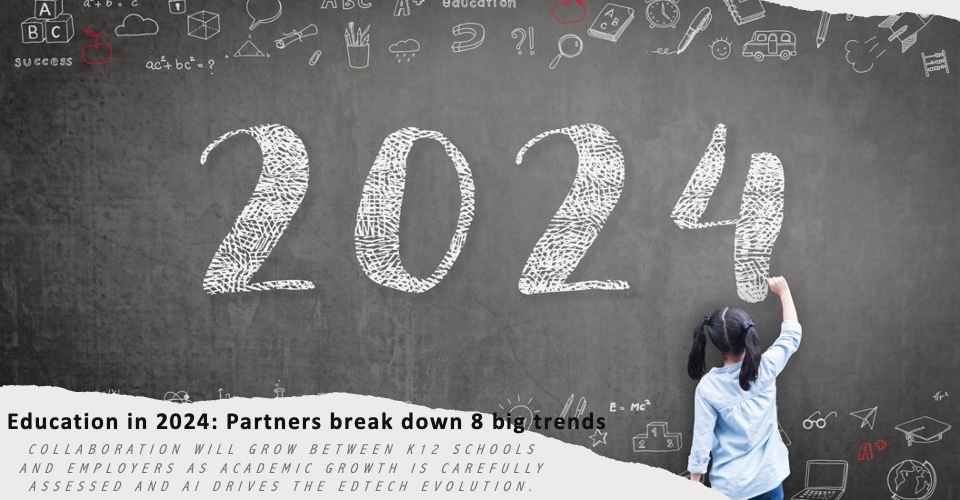Here’s something you don’t hear a mother of two young boys say every day: Students should be playing video games more.
It’s all a matter of context. Gaming under your desk while your teacher explains the water cycle? Probably not great. But gaming for your school’s esports team? I’m all for it. From my company’s position at the center of the esports phenomenon, it’s been gratifying to see the industry bloom recently and to watch as education leaders discover how this deeply collaborative activity fosters social networks, school spirit and career skills for young people.
I say the esports industry has bloomed—exploded might have been a better word. There’s been a massive increase in players, viewership, events and prize amounts in the past few years. Much of this growth has occurred within education.
There are now more than 5,000 college varsity esports athletes at 170 colleges across the US. That number doesn’t even include the students supporting their school programs in roles like production or shoutcasting (esports commentary). With total esports scholarships doubling from 2019 to 2021, K12 students and educators are also taking note of gaming as a useful pathway to college and career opportunities.
Educators may be particularly interested in the apparent power of esports to close gaps in student achievement and well-being. Let’s consider the evidence: Students who participate in extracurricular activities of any kind have higher GPAs and more positive perceptions of their schools than students who don’t. They have higher self-esteem, better social skills, and more chances to discover their own talents and interests.
Meanwhile, 80% of esports players have never participated in another extracurricular activity. That means, for these students, esports is the only bridge to the benefits of extracurricular participation. How many more students would that bridge carry if we fortified it] and celebrated its place in academic culture?
The benefits of esports apply to many students apart from the gamers themselves, with the chance to develop a variety of skills. The players depend on communication, coordination and teamwork to succeed.
Read more from DA: How 2 superintendents strive to be “real people”
At the same time, other students sharpen their critical thinking and public speaking with live match commentary or they collaborate to produce the event, edit footage, design promotional content and deliver highlights and news to eager audiences. It’s not hard to see how this single hub of practical experience might inspire a hundred student journeys toward careers in STEM, media, marketing, journalism or event management.
3 keys to esports success
In 2018, the Pew Research Center found that 97% of boys and 83% of girls aged 13 to 17 identify themselves as gamers. By starting or building on esports programs, educators can harness that consensus for the sake of better academic outcomes and stronger student-body relationships. If you’re ready to move forward with an esports initiative, here are my first three recommendations:
- Maximize resources: Use the infrastructure you’ve already got. A computer lab, for example, doesn’t have to sit idle after school — it could easily become the site of your esports program.
- Don’t just focus on the gamers: As I’ve mentioned, some of the primary benefits of esports attach to supporting roles like shout casting and producing, so give those roles the attention they deserve and the equipment they need.
- Be inclusive: By its nature, esports will connect participants to their school community. You can add to that effect by offering extra support to those — like girls and inexperienced gamers — who might otherwise feel unsure about joining in. Try hosting practices for beginners, or girls-only sessions, to help these gamers build confidence for other events.
By embracing esports as a conduit of social development, career opportunities and fun, schools can ensure that they are listening to students’ voices and offering them a learning experience that enhances the rest of their lives. I stand by what I said: students should be playing video games more. In the right context, every mouse click and every keyboard stroke can be a step toward something great.









